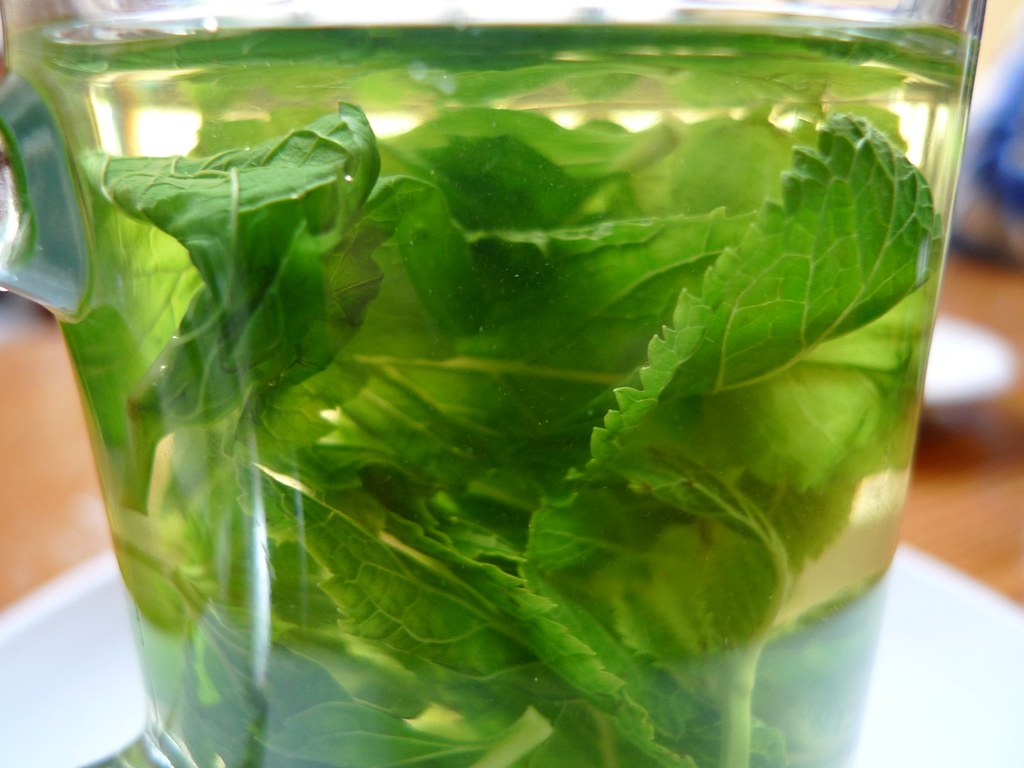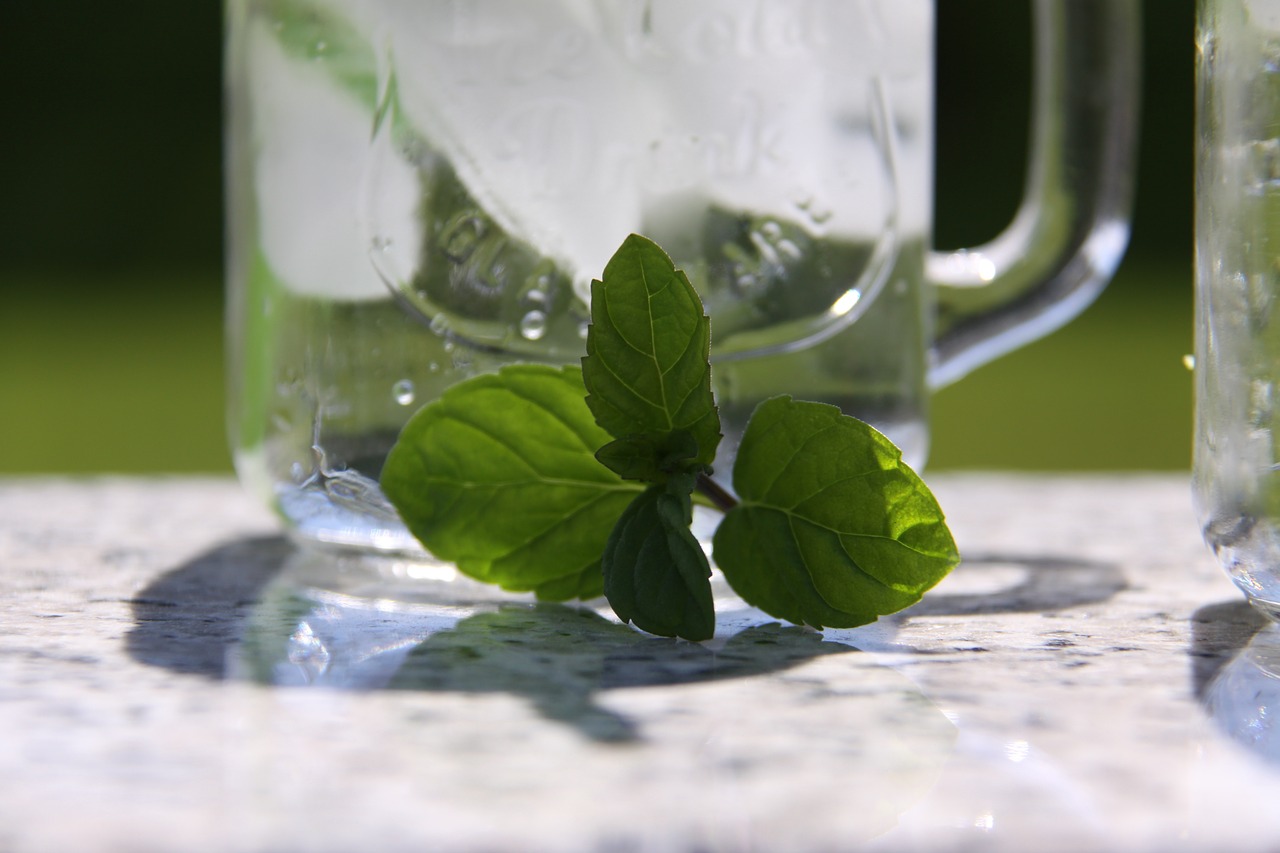We continue the series of materials on the beneficial properties of various pleasant and natural additives to water. What happens to the body when you put scented peppermint leaves in the decanter?

“I just couldn’t believe that mint does ALL THIS to my body!” Thus begins a rather hysterical blog entry by an American housewife. Don’t pass by! We could not resist and clicked on the post about the benefits of water with mint. The girl in paints describes how a simple two-component drink with green fragrant grass brightened her breath better than the procedures at a seasoned dentist and even “had a beneficial effect on the skin” … It’s time to play with the author of the publication in “truth / action” and decide if this is a placebo effect? Moreover, there is surprisingly little medical research on mint.
Let’s turn to official, not self-proclaimed medicine. Peppermint is one of the most widely used single-ingredient herbal teas and herbal teas. And its essential oil is like the “aspirin” of traditional medicine. (It is used from everything.) In a 2006 study, phytotherapist Diana L. McKay reports that phenolic components of the leaves include rosmarinic acid, several flavonoids, and the volatile component menthol, which gives it antimicrobial and antiviral protection. Animal studies demonstrate a relaxation effect on gastrointestinal tissue and an anesthetic effect on the central nervous system. Which gives hope. However, human studies of peppermint leaves are limited, and there are no clinical trials for peppermint tea or water.
But one thing can be said for sure, not rely on a placebo and an anxious housewife – it’s the cooling (for the body) and calming (for the nerves) effect of peppermint water. No extra calories or sugar. So, first of all, it is incredibly refreshing when the thermometer sneaks up to the 25+ mark.
Secondly, its aroma, as in the case of cucumber, is an additional motivator to drink more liquid, which is always great! Mint water seems to us to be much more special than a simple mineral water, which makes it a great substitute for soda or other sugary drinks.
Thirdly, this additive is still safer for tooth enamel than, say, the more popular lemon one, so you can drink it not only through a straw.
According to Medical News Today, mint has one of the highest antioxidant doses of any other food. Recall that these elements destroy free radicals, which can lead to many diseases and accelerate aging. And they partially give these properties to water, especially if the leaves and stems are slightly crushed during the cooking process.
Plus, a few sips of highly eau de perfume can be taken when you feel sick. The scent is good at calming stomach reflexes and preventing dehydration.
Unusual effects – even the fleeting scent of mint awakens the salivary glands in the mouth, which contributes to a healthier digestive process. Therefore, it is good to drink such water before or after a heavy meal. And a couple of sips at lunch will help clear the palate if you have very contrasting dishes on the menu.
How to make mint water?
When shopping for mint, look for bright, “spotless” leaves. Store them in a reusable plastic bag in the refrigerator for up to 1 week.
Place 1/4 cup mint leaves in a glass of boiling water and let it brew for 15 minutes.
Add 2 ice cubes and wait for the water to warm.
Pour water into a pitcher and add 7 more glasses of cold water. Refrigerate for at least 1 hour. This allows not only to cool the drink, but also to make it more aromatic.
How long does mint water last?
Peppermint water tastes best during the day, making it ideal for serving at dinner or at a party.






